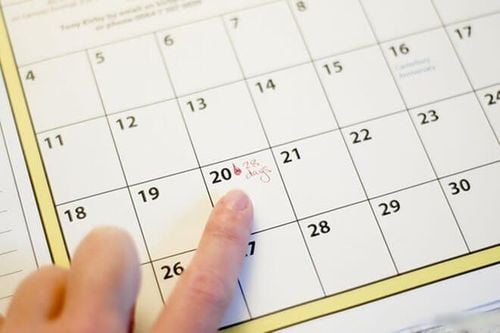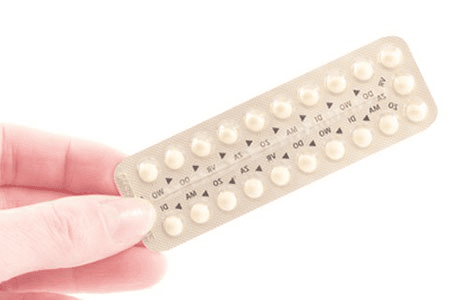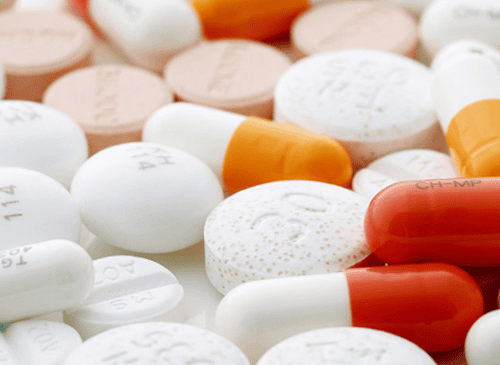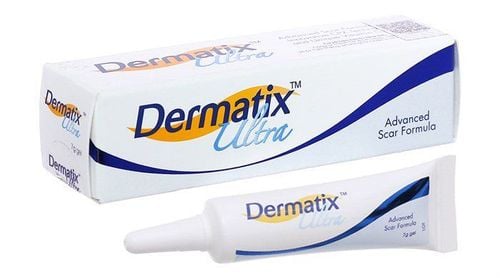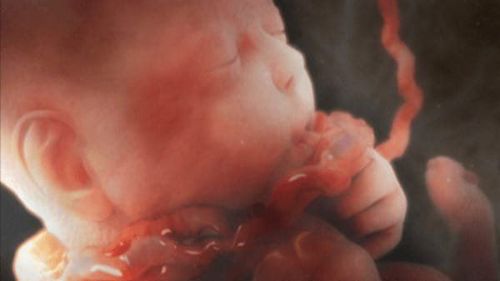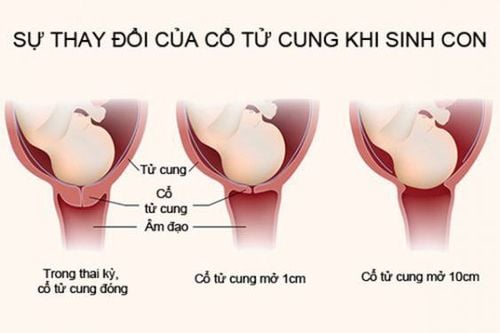This is an automatically translated article.
Perineal incisions can leave keloid scars (depending on the location, how to take care of the mother after giving birth,...). If you know how to take care of the perineal stitches, you can help the stitches heal faster, be more aesthetic, and leave no complications.
1. Function of the perineum
1.1 What is the perineum? The perineum is the tissue between the vagina and anus, about 4-5cm long, including all the soft parts, muscles and ligaments that seal the hole below the pelvis. The perineum is composed of 3 layers: the superficial layer, the middle layer, and the deep layer. During a woman's labor, the perineum will expand naturally or it may be cut to make it easier for the baby to come out.
1.2 What is the function of the perineum? The perineum is part of the reproductive organs. It has the role of supporting and protecting the pelvic organs. It is also the portal of intercourse to receive sperm into the uterus, supporting women's sexual activities.
With the birthing process, the perineum will dilate so that the baby is born more easily and safely. People with poor perineal dilation are more likely to tear this part during the reproductive process. It affects the aesthetics, psychology and sex life of women.
SEE ALSO: Episiotomy at birth: Things to know
2. Why should you make an episiotomy when giving birth?
Up to 95% of women at birth are usually indicated for an episiotomy. This is because during labor, the baby's head will pass through the vaginal opening. However, if the baby's head is too big, it will put great pressure on the vagina, easily tearing the perineum. So, at the time the baby's head comes out, the doctor will use scissors to cut an angle about 45° above the perineum to widen the passage, making it easier for the baby to come out.
Besides helping to give birth more smoothly, the episiotomy procedure also helps to avoid complications such as birth asphyxia, obstetric trauma,... In addition, episiotomy also helps in the use of birth support procedures such as suction, forceps become easier. At the same time, thanks to the active incision procedure, the perineum is not torn, avoiding negative effects on aesthetics as well as sex life later.
Indications for episiotomy when:
Women give birth for the first time, the perineum is poorly dilated; Uterine contractions are not strong enough; Inflammation or edema of the perineum, vaginitis ; The biparietal diameter of the baby's head is large; Inverted pregnancy ; Pregnant women with heart disease, toxic pregnancy. After the birth is over, the doctor will perform an episiotomy for the mother.
SEE ALSO: How to relieve the pain of perineal stitches after giving birth
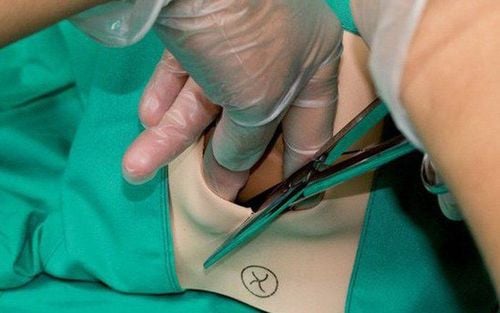
Hình ảnh mô phỏng vị trí vết rạch tầng sinh môn
3. Does the perineal incision leave a scar, is it convex?
Perineal incision has many potential consequences, especially if the wound is not cared for properly. Specifically, the wound can cause prolonged pain and slow healing, easy to get infected (because the perineum is close to the vagina and anus - places that are easy for bacteria to enter). Signs of an infection in the perineal suture include: Stitch pain, pus, bad odor, lower abdominal pain, fever, chills, pain and burning when urinating, bleeding or clots...
In addition, there is a risk of a protruding episiotomy incision. If stitches are poor, the stitches will leave bad scars, making a woman feel self-conscious and affecting her married life. Causes of perineal keloid scars are:
Allergy to sutures; eating foods that cause keloids; Dieting causes a lack of substances that make the blood unable to push antibiotics into the wound, so it takes a long time to heal; Improper hygiene causes the sutures to become infected, even necrotic,... Especially, if after childbirth, you exercise vigorously or walk too much, sitting in the wrong position can also cause the sutures in the perineum. protruding or cleft palate.
4. How to take care of the episiotomy
Usually women will feel pain from the perineal incision in the first 1-2 weeks after giving birth. After about 3-4 weeks, the wound will heal and gradually return to normal. However, in order for the wound to progress so well, it is necessary to take care of it, keep it clean, and avoid infection.
To avoid keloid scars, you need to pay attention to:
Clean the stitches: Pregnant women need to clean the private area every day to keep the stitches dry and clean. After going to the toilet, women should wash the intimate area with warm water slowly, flush the water from top to bottom in the direction from the vagina to the anus, and then dry with a soft towel. Within 3 weeks, the stitches have fluid and bleeding, so the mother needs to use specialized sanitary napkins for postpartum women and should be changed every 3 hours. At the same time, you pay attention not to touch the stitches to avoid infection; Attention to nutrition: Postpartum women need to pay attention to a scientific diet to prevent constipation. Because if constipated, the representative mother often has to push hard, hurting the stitches. Therefore, pregnant women should drink a lot of water, eat a lot of foods containing fiber (sweet potatoes, papaya, centella asiatica, lotus root, water spinach,...); Gentle exercise: Women should avoid vigorous exercise within the first 1-2 weeks after giving birth to avoid too much impact on the suture. In particular, you should not squat, limit climbing stairs, do not exercise during this time until the stitches heal completely; Apply ice: Ice works to reduce swelling, pain and soothe the wound. You can use an ice-cold cotton pad, place it in a tampon, apply the perineal incision for about 15-20 minutes; Use of drugs: If the pain is too much, the mother can use some anesthetic sprays or creams for the perineum (as prescribed by the doctor) to reduce pain, help the wound heal quickly; Avoid sexual intercourse during this period until the perineal stitch is completely healed; Other notes: Use disposable underwear or loose pants made of good absorbent cotton; do not douche deep inside the vagina; should sit on an air mattress to relieve pain,...

Chườm nước đá tại vị trí vết rạch tầng sinh môn giúp giảm đau
The perineal incision will heal quickly and reduce the risk of keloid scars and infection if cared for carefully and properly. Therefore, after giving birth, you need to pay attention to cleaning the private area and if you see any abnormal signs, you should contact your doctor immediately.
After giving birth, the mother's body changes, pregnant women can suffer from many diseases such as postpartum hemorrhage, urinary incontinence, digestive disorders,... In particular, many mothers give birth often by making an episiotomy. feel pain and worry about scarring. If you are worried, after giving birth, you should have a general health check-up at Vinmec International General Hospital for a postnatal assessment. Mothers will have the opportunity to visit with leading specialists, combine with many other specialties to give advice, care, and help mothers improve their postpartum health, reduce pain in the perineum, avoid leave scars, quickly recover health and take good care of children.
Please dial HOTLINE for more information or register for an appointment HERE. Download MyVinmec app to make appointments faster and to manage your bookings easily.




